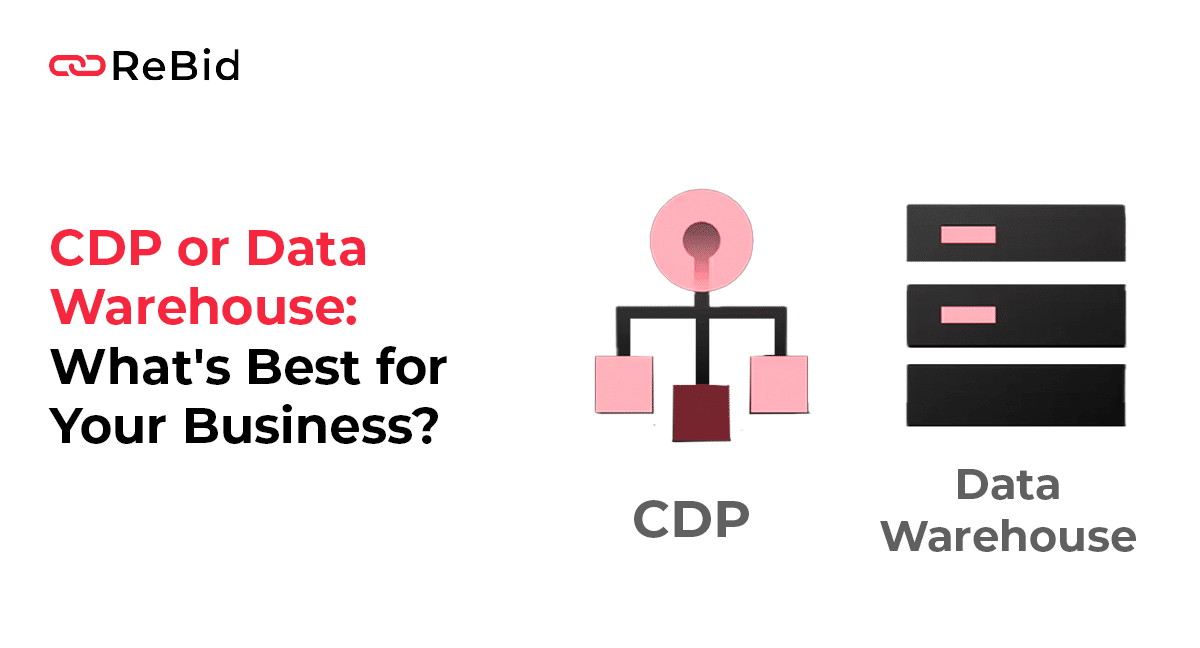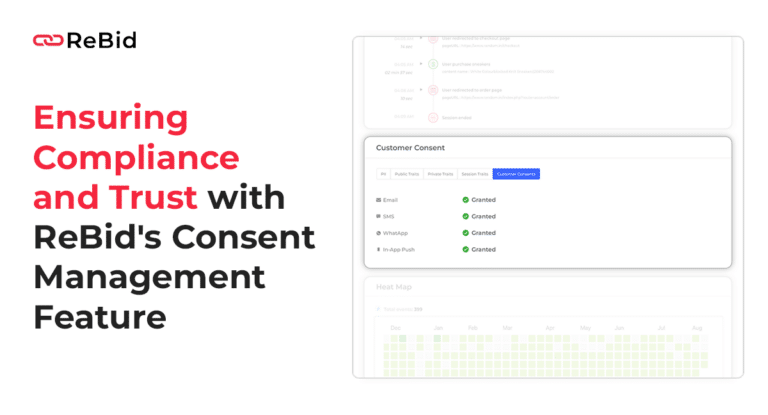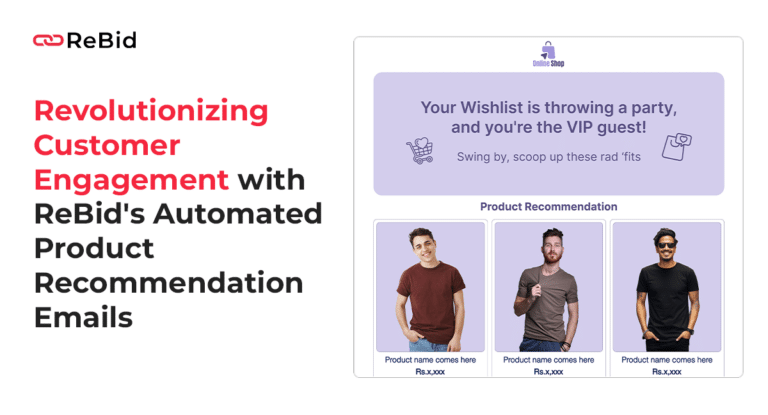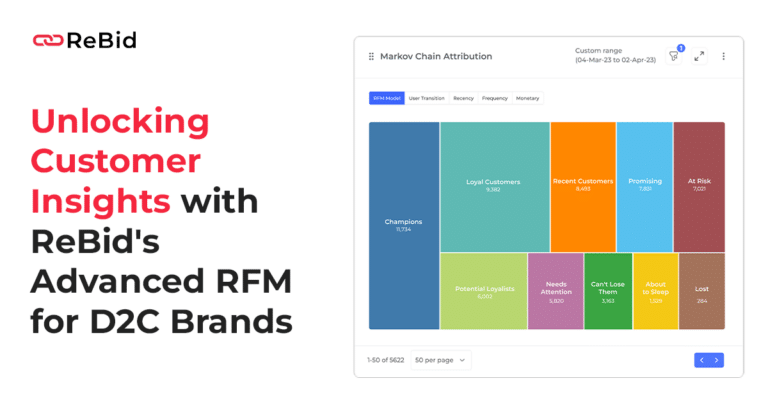Navigating the Data Management Maze: A Deep Dive into CDPs and Data Warehouses
In the quest to harness the power of data, businesses are often faced with a pivotal decision: should they invest in a Customer Data Platform (CDP) or a Data Warehouse? Both tools offer unique advantages, but which one aligns best with your business needs? Let’s unravel the intricacies of the “cdp vs data warehouse” debate and guide you towards an informed decision.
1. Understanding the Basics of CDP vs Data Warehouse
At the heart of the matter, CDPs and Data Warehouses serve different primary purposes. While a CDP focuses on real-time customer data aggregation and unification, providing a 360-degree view of the customer, a Data Warehouse is a large-scale repository designed for storing, retrieving, and managing vast amounts of structured and unstructured data.
2. Real-time vs. Historical Data:
One of the standout features of a CDP is its ability to process data in real-time. This ensures businesses can engage with their customers dynamically, tailoring experiences based on the latest interactions. On the other hand, Data Warehouses excel in storing historical data, making them ideal for long-term analysis and trend spotting.
3. Flexibility and Scalability:
CDPs are inherently flexible, designed to adapt to the ever-evolving digital landscape. They can easily integrate with other marketing tools, enhancing their functionality. Data Warehouses, while scalable, may require more time and resources to adapt to changing business needs.
4. Data Security and Compliance:
Both CDPs and Data Warehouses prioritize data security. However, given the real-time nature of CDPs, they often come with more stringent security measures to prevent breaches during live interactions. Data Warehouses, with their vast storage capabilities, focus on long-term data protection and backup strategies.
5. User Accessibility:
CDPs are designed with marketers in mind. Their user-friendly interfaces ensure even those without technical expertise can harness their capabilities. Data Warehouses, being more technical, might require specialized skills to navigate and extract insights.
The Advertiser’s CDP Edge:
While the “cdp vs data warehouse” debate has valid points on both sides, Advertiser’s CDP brings something unique to the table. Tailored for advertisers, it not only offers the real-time data processing capabilities of a CDP but also integrates seamlessly with other tools, ensuring a holistic data management strategy. This hybrid approach ensures businesses don’t have to compromise, getting the best of both worlds.
Conclusion:
The decision between a CDP and a Data Warehouse isn’t black and white. It hinges on your business’s specific needs, objectives, and the challenges you aim to address. By understanding the strengths and limitations of each platform, you can make a choice that propels your business into a data-driven future. And with solutions like Advertiser’s CDP, the future looks promising indeed.





